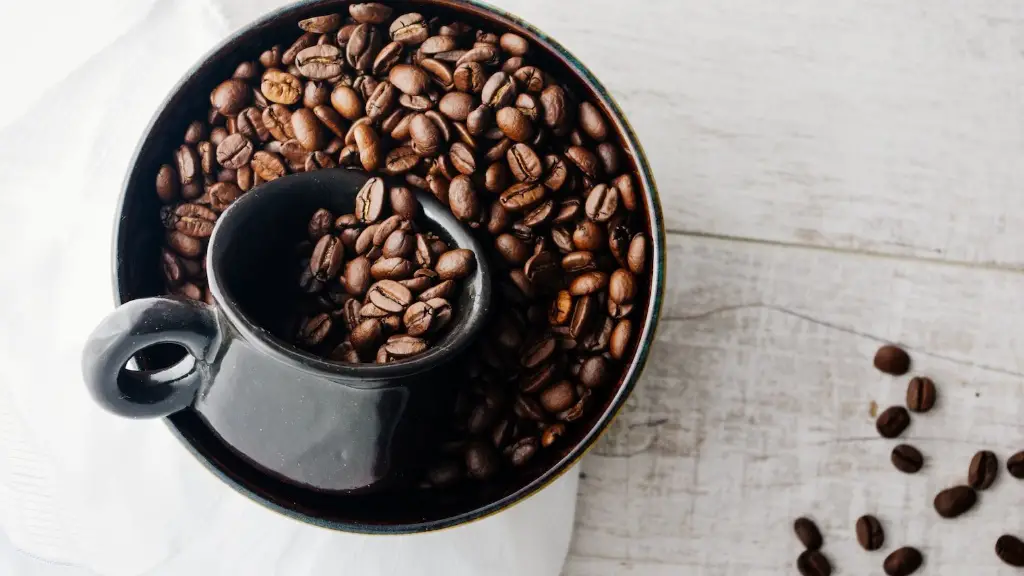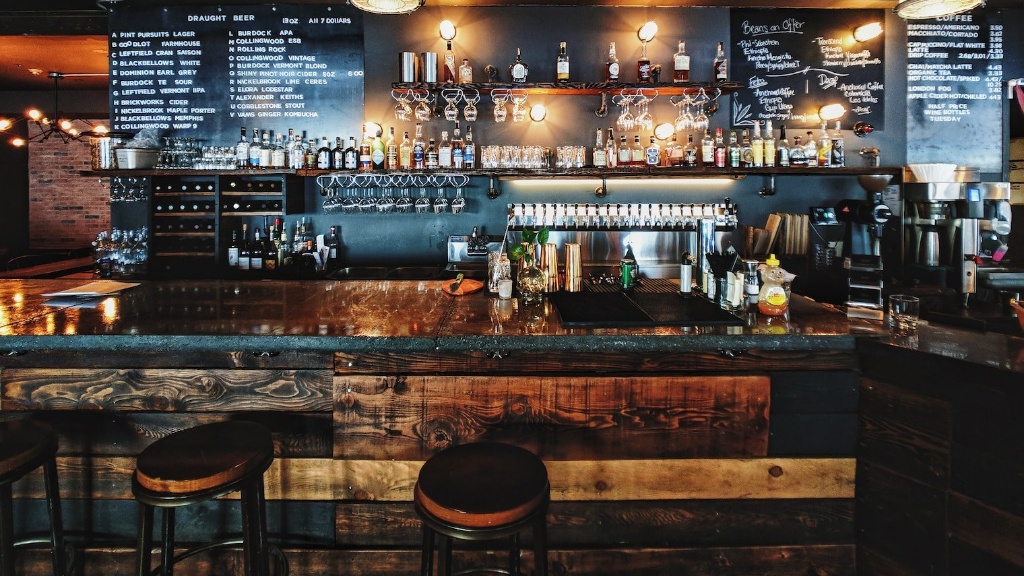Coffee is an essential part of many people’s mornings, but if you are scheduled to undergo a cholesterol blood test, you may be wondering if it is safe to drink coffee beforehand. It is important to check with your doctor or healthcare provider before drinking coffee before a cholesterol test.
The reason for this is that caffeine can affect your cholesterol levels. Caffeine has been known to increase levels of low-density lipoprotein (LDL) cholesterol, which is the “bad” type of cholesterol. High levels of LDL cholesterol can increase your risk for heart disease and stroke.
Drinking coffee before a cholesterol test could also affect the accuracy of the results. Experts recommend that it is best to abstain from caffeine for at least 12 hours before the test in order to ensure that the results are accurate. If you cannot avoid caffeine altogether, it is best to limit your intake as much as possible.
In short, it is recommended that you speak with your doctor or healthcare provider about drinking coffee before a cholesterol blood test. Abstaining from caffeine for at least 12 hours prior to the test can help ensure accurate results.
Effects of Caffeine on Cholesterol Test Results
Caffeine is a stimulant found in coffee, tea, energy drinks, and other common beverages. While it can provide a quick energy boost, it can also interfere with cholesterol test results. Studies have shown that consuming caffeine before taking a cholesterol test can lead to inaccurate results. High levels of caffeine can temporarily increase the level of low-density lipoproteins (LDL) in the blood, which can lead to an artificially elevated cholesterol reading.
It’s important to avoid consuming any caffeine for at least 12 hours before taking a cholesterol test. This includes coffee, tea, energy drinks, and other caffeinated beverages. If you need an energy boost before the test, try drinking water or eating a snack instead. Keep in mind that some medications such as diet pills also contain caffeine, so it’s best to check with your doctor before taking them prior to a cholesterol test.
While avoiding caffeine is recommended before taking a cholesterol test, there are no long-term health risks associated with moderate caffeine consumption. Enjoying your favorite caffeinated beverage in moderation is generally safe and won’t affect the accuracy of your results over time.
Guidelines for Taking Cholesterol Tests
It is important to take a cholesterol test in order to monitor your cholesterol levels. Before taking the test, it is important to understand the guidelines for the test and how to prepare for it correctly. You should not eat or drink anything except water for 8-12 hours before the test. This includes avoiding coffee and other caffeinated drinks. You should also let your doctor know about any medications you are taking and whether you have recently taken any vitamins, supplements, or herbal products that could affect the results. It is also recommended that you avoid strenuous exercise on the day of the test.
It is important to follow these guidelines closely to ensure accurate results from your cholesterol testing. Taking care to follow these instructions can help ensure that you get an accurate measurement of your cholesterol levels.
The Role of Fasting in Cholesterol Test
Fasting is an important part of a cholesterol blood test. Fasting helps to ensure that the results are accurate and that the doctor or laboratory technician gets an accurate reading. Patients should not eat or drink anything for at least 8 to 12 hours prior to their cholesterol test, including coffee. Caffeine can affect the results and give inaccurate readings. Additionally, patients should not take any medication or vitamins during this time period as these substances can also affect the results.
It is important for patients to follow their doctor’s instructions when it comes to fasting before a cholesterol test. Doing so will ensure that they get accurate results and that any potential health issues can be properly addressed and treated. Additionally, patients should talk to their doctor if they have any questions or concerns about fasting before a cholesterol test.


